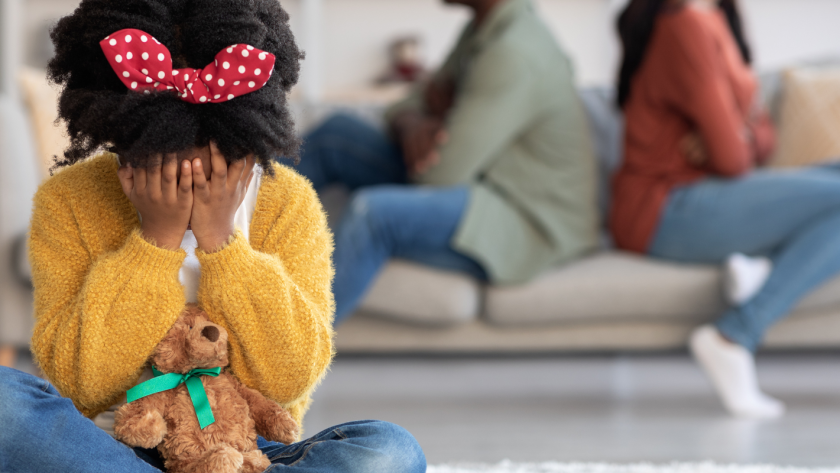Finding the right therapist can feel overwhelming, especially if you are looking for someone who truly understands trauma informed care. Not every mental health professional is trained to support clients with past trauma in a safe and empowering way. Asking the right questions before you commit can help you choose someone who will foster healing…








